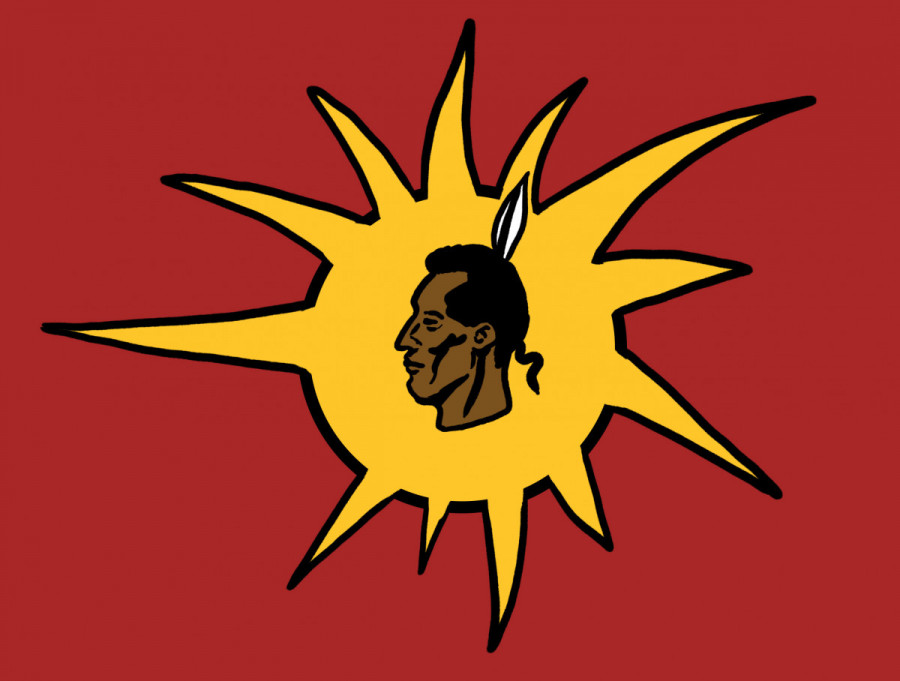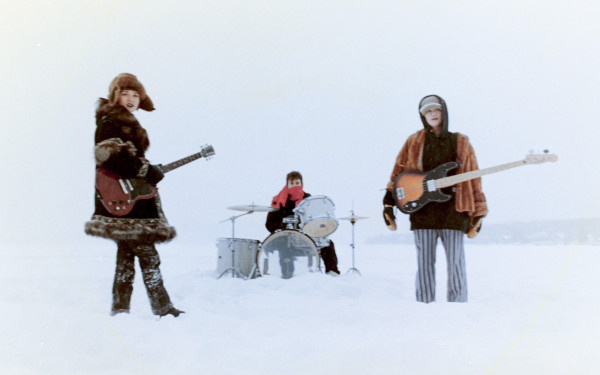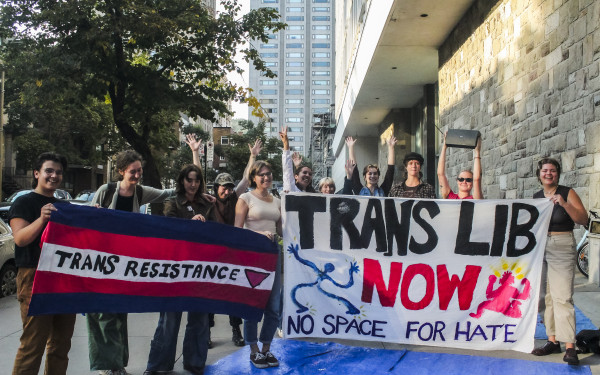Resistance: A Kanien’kehá:ka perspective
What does resistance mean for the Kanien’kehá:ka Nation?
Since the 17th century, the Kanien'kehá:ka have demonstrated their resilience and resistance towards settler efforts of colonization and assimilation.
They have maintained sovereignty over themselves, and have resisted colonial efforts to gain control and assimilate by refusing settler systems and maintaining their own.
“I like to think we have an uncolonized perspective of ourselves and that helps make us strong, and that's how we fight against assimilation,” said Kenneth Deer, Mohawk (Kanien'kehá:ka) political activist, secretary of the Mohawk Nation at Kahnawake. “You have to believe in who you are. That you have fundamental inherent rights, and those rights are inalienable and no one can take those rights away from you.”
The Kanien'kehá:ka have fought centuries of colonial violence and still demonstrate their resilience and resistance in the face of just that. Through these events, the Kanien'kehá:ka have proven that they will not be submissive to colonial violence and assimilation attempts. “We [Indigenous Peoples] have a right to self-determination, and we exercise that here. This is our homeland and this is the only place in the world where we can exercise that,” said Deer.
Mohawk Council of Kahnawake Chief Kahsennenhawe Sky-Deer said the Kanien'kehá:ka have always been able to communicate with their language, and this has given them the opportunity to preserve their traditional knowledge and history, thus helping them become more resilient and creating strength for resistance. “It's a testament to our strength and our resilience, and being able to adapt in the face of adversity and our strength of character,” said Sky-Deer.
“We [Indigenous Peoples] have a right to self-determination, and we exercise that here. This is our homeland and this is the only place in the world where we can exercise that.” — Kenneth Deer
What might the future of Kanien'kehá:ka resistance look like for current and coming generations? “Well it's been a constant for us to remember our original instructions from the creator,” said Sky-Deer. “This generation has the collective responsibility to ensure that our future generations have the same opportunities.”
Deer added that remembering to be true to the teachings is important for the Mohawk way of life, especially those from kaianere’kó:wa, or the great law of peace, where peace, power, righteousness are the three most fundamental teachings.
Resistance. Deer said that in order to keep the resilience and resistance strong among the Mohawk people that it is important that younger generations understand the struggle of protecting and preserving the culture, language, and traditions. He said that it is important to teach Mohawk youth that it is paramount to be resilient, watchful, and to continue the struggle because that's how the Mohawk people and culture will survive in the future. “When there is an end to the struggle to save the [Mohawk] language, culture, and traditions, that's when we give into assimilation,” said Deer. His advice to younger generations is “You have to resist assimilation. You have to keep your identity, your heritage, and your link to the land.”
This article originally appeared in The Resistance Issue, published April 13, 2021.







